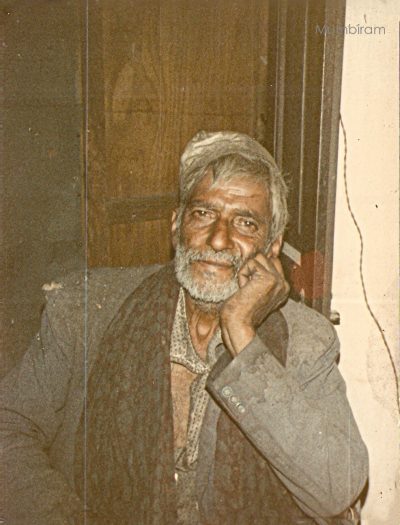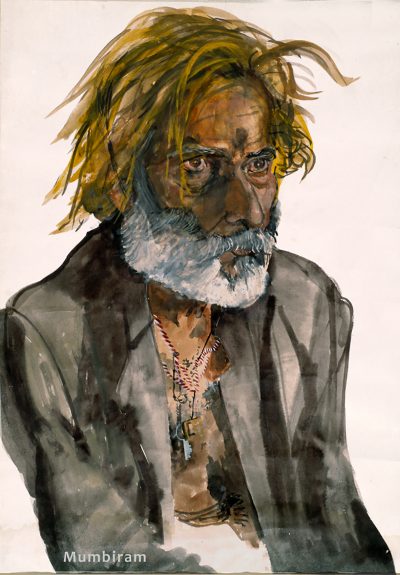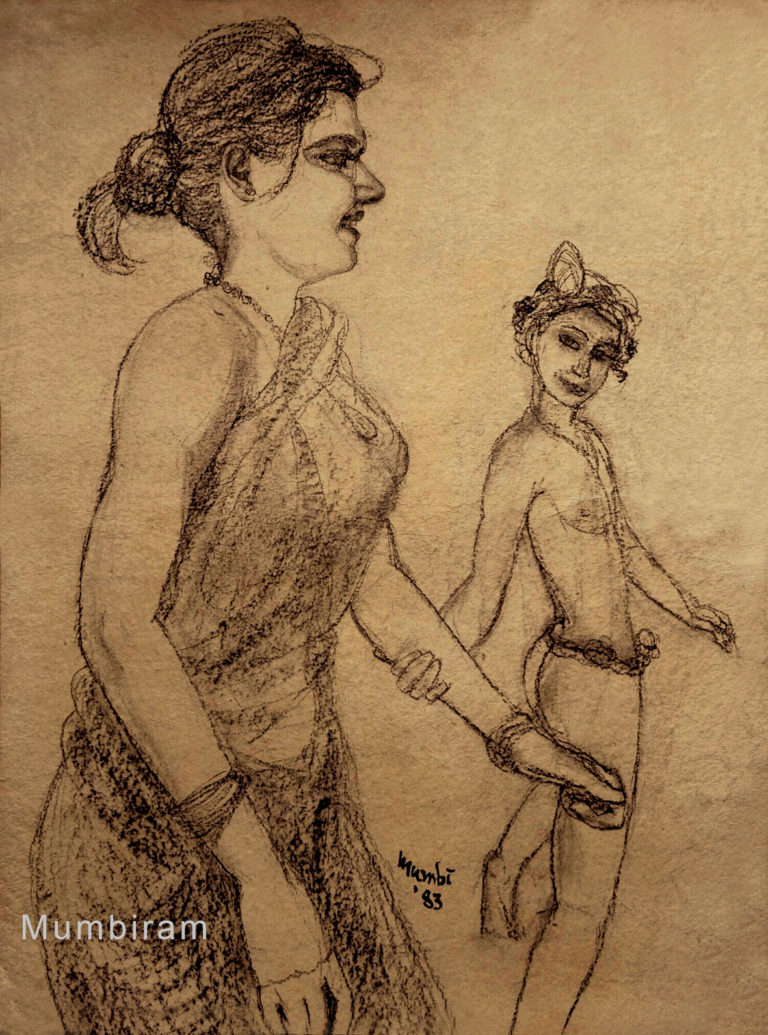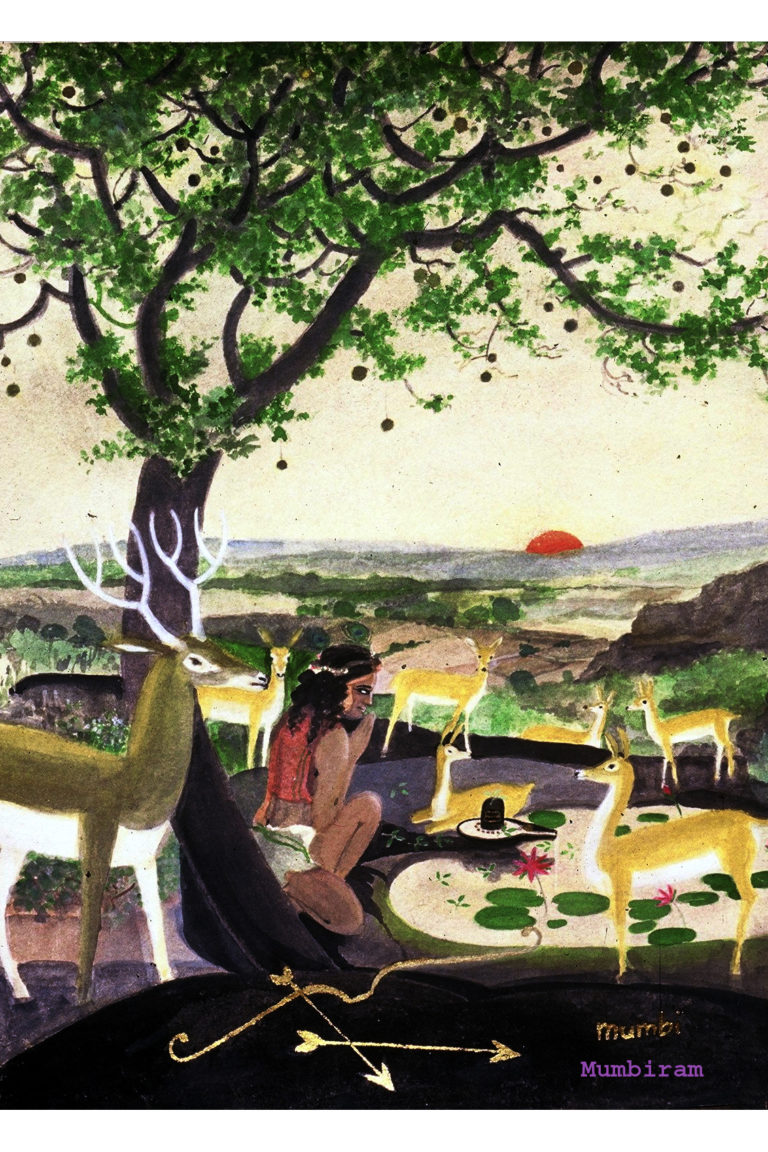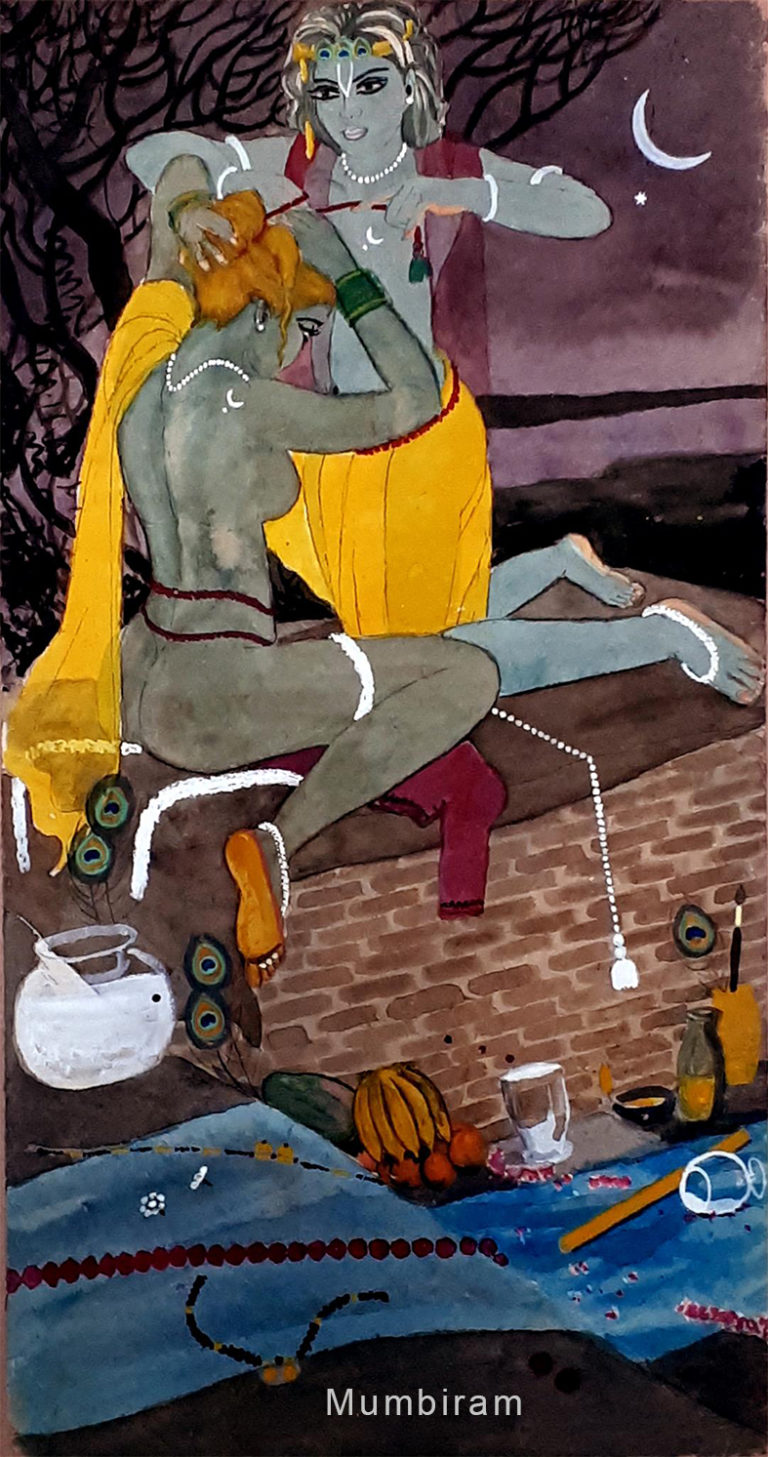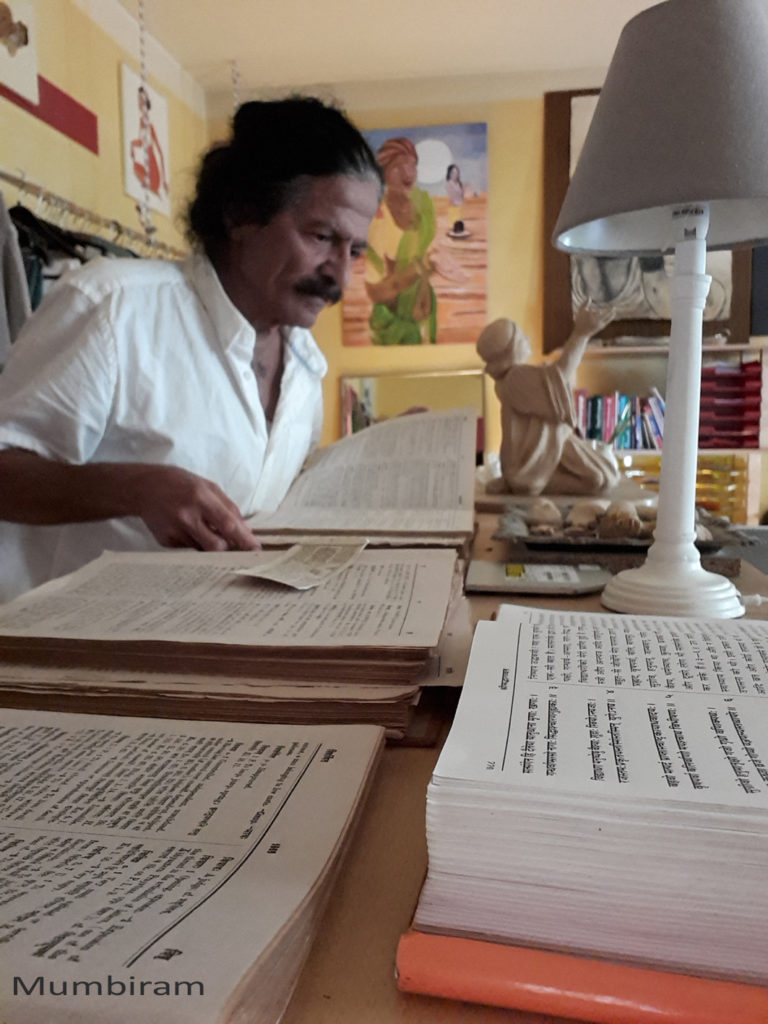Mumbiram lived life guided by the principle of aesthetic choice about everything in every occasion and circumstance. In the context of Mumbiram’s personalist philosophy the aesthetics of human relationships was of prime importance. All of Mumbiram’s friendships were tested and appreciated for the Grace of the relationship. Mumbiram considered such friendships very precious. Mumbiram’s friendship with Lakhu was one such precious friendship. When fate brought this precious friendship to an abrupt end Mumbiram was deeply moved and spontaneously wrote this article as a tribute to a precious friend that he had lost.
In Mumbiram’s writings profound philosophical truths are revealed through real life incidents that he shared with his muses and colleagues. This is not philosophy that grows in the vacuum. It is philosophy that thrives on the rasas of human relationships.
Mumbiram takes us on a journey through a little known other world in the dark hours of the night where he had discovered Lakhu. He narrates how he discovered Lakhu’s mysterious Sufi ways that gloriously agreed with his own Bhagvat preferences. He appreciates how people like Lakhu walk out on every unfair advantage that they have over their fellow man and how they refine the art of humility to a magnificent hyperbole. Mumbiram finds the ragpicking girls’ assessment of Lakhu the most valuable and trustworthy evaluation of the essence of his character.
When Nalini Gera the editor of The Poona Digest read the handwritten manuscript that Mumbiram brought to her she hurriedly sent it to the Press before Mumbiram could say another word. Other readers were reminded of Victor Hugo’s Jean Valjean. Some others were reminded of the atmosphere that Hugo has conjured in The Hunchback of Notre Dame. We find Mumbiram’s final assessment of his departed friend most precious:
“Lakhuji cartpuller. Adored by the ragpickers. Inspiration of the artist. Like a transparent rendering out of earthy gouache colours he was handsomely unknown all his days.”
